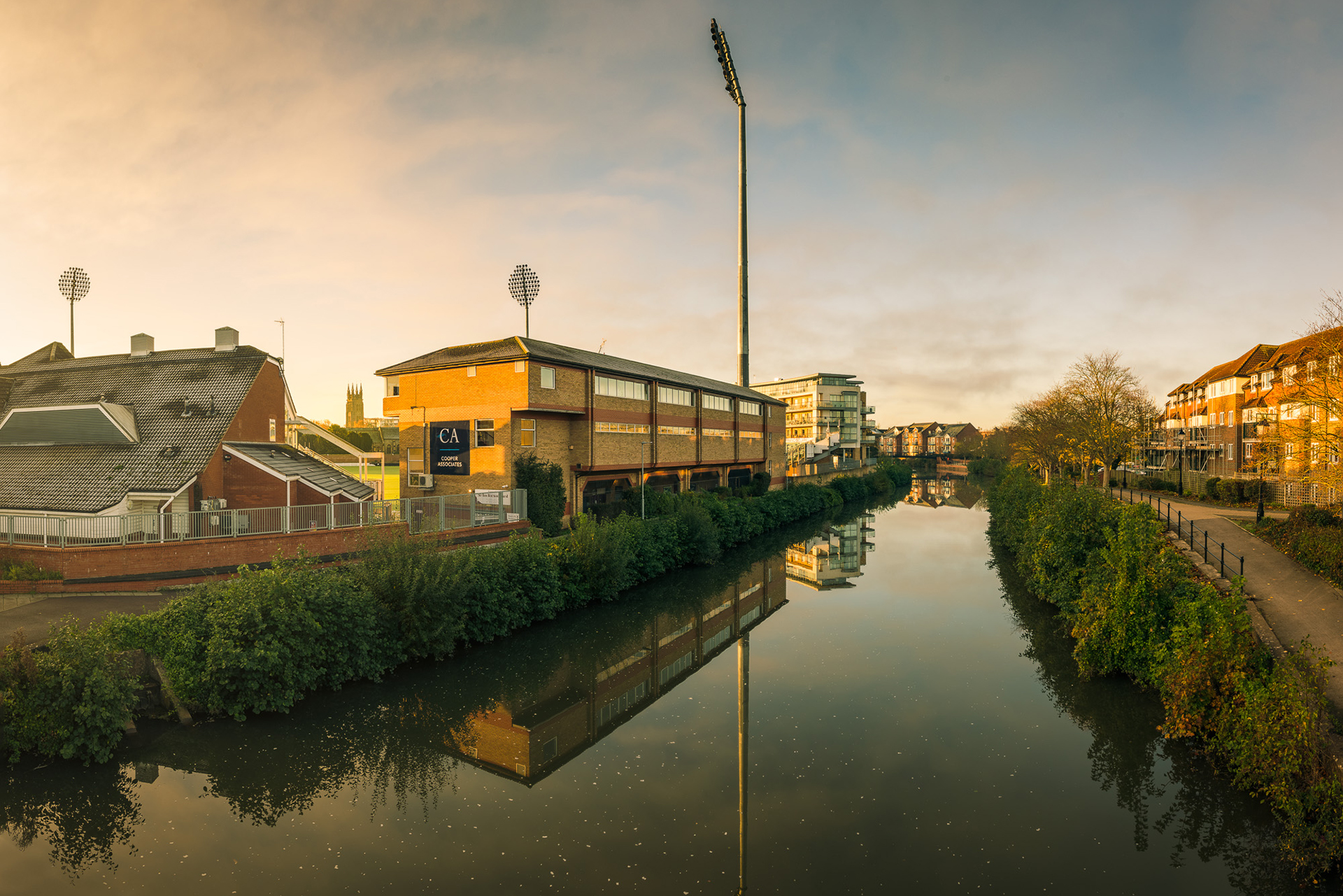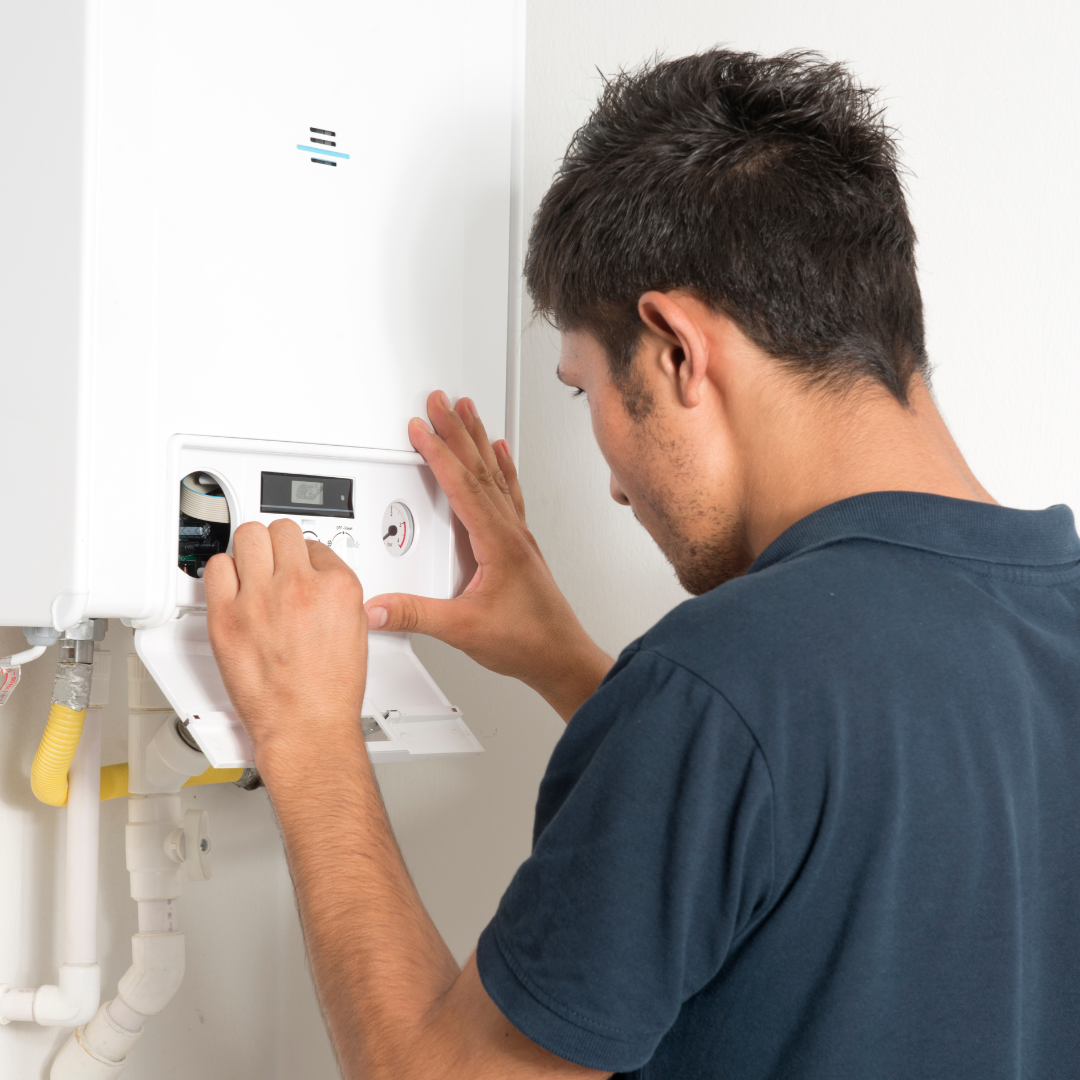


A very common enquiry conveyancers receive on the sale of a
property is: “When was the boiler installed and please provide the
installation certificate?”
Some clients can provide the date and the certificate, some
can provide the date but not the certificate and some cannot answer either. Why
does this matter and why do conveyancers ask the questions?
Well, whilst planning permission is not required if you wish
to install or replace a boiler (although it may be if your property is a listed
building or install a boiler that requires a flue to be installed as well),
buildings regulations approval is required and many homeowners do not realise
this.
First, what is the difference between planning permission
and building regulations?
Planning
Planning permission is designed to preserve the area in
which the building is located as when changes are made to properties, the
impact is felt not only by the homeowner but neighbours, the public etc.
planning therefore controls development and the appearance of the same.
Building regulations
Building regulation is designed to ensure that buildings are
constructed or alterations are done safely, accessibly and are energy efficient.
It therefore makes sense that installing a new boiler or
heat producing appliance would require building regulations but not planning
permission.
What is required?
In 2005, it became a requirement that property owners have
to obtain a building regulation completion certificate for the installation of
any new heat producing appliances e.g. a boiler, cooker, fire etc. to certify
that the installation complied with the building regulations at the time and is
a safe installation.
The simplest way to comply with boiler building regulations
is to employ an engineer registered under the “competent person scheme” to
install your new appliance. This means that the engineer can carry out the
works and can self-certify that the works comply with buildings regulations
rather than you having to apply for buildings regulations approval. The
engineer will then notify the local authority within 30 days of installation at
which point a compliance certificate will be issued which you should keep safe.
If an installation certificate is not obtained at the time of the installation,
it could cause issues later down the line when it comes to selling the property.
Gas boilers must therefore now be installed by a Gas Safe
Registered installer and any installations notified to the Gas Safe Register. Prior
to 2009, notifications had to be notified to Corgi and would appear on the
Corgi register.
Oil fired boilers must be installed by an installer
registered under one of the Competent Person Schemes and the installation certificate
will appear on the OFTEC register.
What can you do if you are selling a property but cannot
find your boiler documentation?
There are a number of reasons why you may not have an
installation certificate, for example, if it was installed by a “competent
person” but they didn’t register the same, it was not installed by an
accredited installer or you have lost the certificate.
If you do not have the certificate but you know you once
did, this is not such a problem as the certificate could be revealed in the
buyer’s local search (which is sufficient evidence with compliance with
building regulations) and will reassure the conveyancer/buyer that the boiler
was safe at the time, it is just the certificate is missing.
If you do not know where the certificate is or if you ever
had one, you could review the paperwork you were provided when you purchased
the property if the boiler was installed prior to you owning it.
If you still cannot find the certificate, you may be able to
take out a suitable indemnity insurance policy to cover against the lack of buildings
regulation consent.
What should you not do?
You should not make any approaches to the local authority or
third parties in relation to your missing boiler installation certificate as
this could then hinder or prevent you from obtaining an indemnity insurance
policy.
On the other hand… What can you do if you are buying a
property and have concerns about the boiler?
Conveyancers will often, in addition to requesting the
installation certificate for the boiler, request that an up to date boiler
service report is also provided at the cost of the seller as this is the
document that will confirm the appliance remains in good working order and is
safe to use. However, annual inspections and services are not a legal
requirement and you do not have to comply with any requests made to have the
boiler tested.
As we all know, boilers are expensive and as a buyer, a
common phrase used is “let the buyer beware” or “caveat emptor”. This means you
should inspect the property including the fittings and contents you are buying
to ensure it is safe. A buyer can also have the boiler serviced at their own
cost (if agreed by the seller) prior to exchange of contracts but of course, if
the transaction does not proceed, the buyer would have spent money on a boiler
belonging to someone else.
Who knew boilers could be so complicated… stay tuned for
series 2 – windows, doors and roof lights.